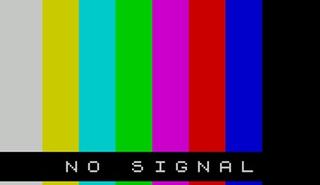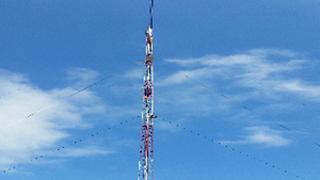incentive auction
Latest about incentive auction

McAdams On: The Supply-Chain Dilemma
By Deborah D McAdams published
I hope the bombshell report that landed in my lap Nov. 9 will be considered seriously.

Incentive Auction: What’s Next?
By Deborah D McAdams published
Just what to expect when you’re expecting TV spectrum incentive auction is taking shape.

Keep the Chains Handy Mr. Goodmon
By Phil Kurz published
When it comes to broadcast spectrum, the appetites of others seem insatiable.

FCC Reveals Losing Bids, Bidders in TV Incentive Auction
By John Eggerton published
Had kept them under wraps for two years.

Incentive Auction 'Success': A Skeptic's View
By Michael Couzens published
On January 18, two days before he left office, FCC Chairman Tom Wheeler released a statement lauding the completion of the incentive auction.

Spectrum Demand Highest in Mid-Sized Markets
By Deborah D McAdams published
Demand continued to exceed supply in cities such as Corpus Christi, Texas; Evansville, Ind.; Hannibal, Mo.; South Bend, Ind.; Valentine, Neb.; and Red Oak, Iowa, to name a few.
The professional video industry's #1 source for news, trends and product and tech information. Sign up below.


